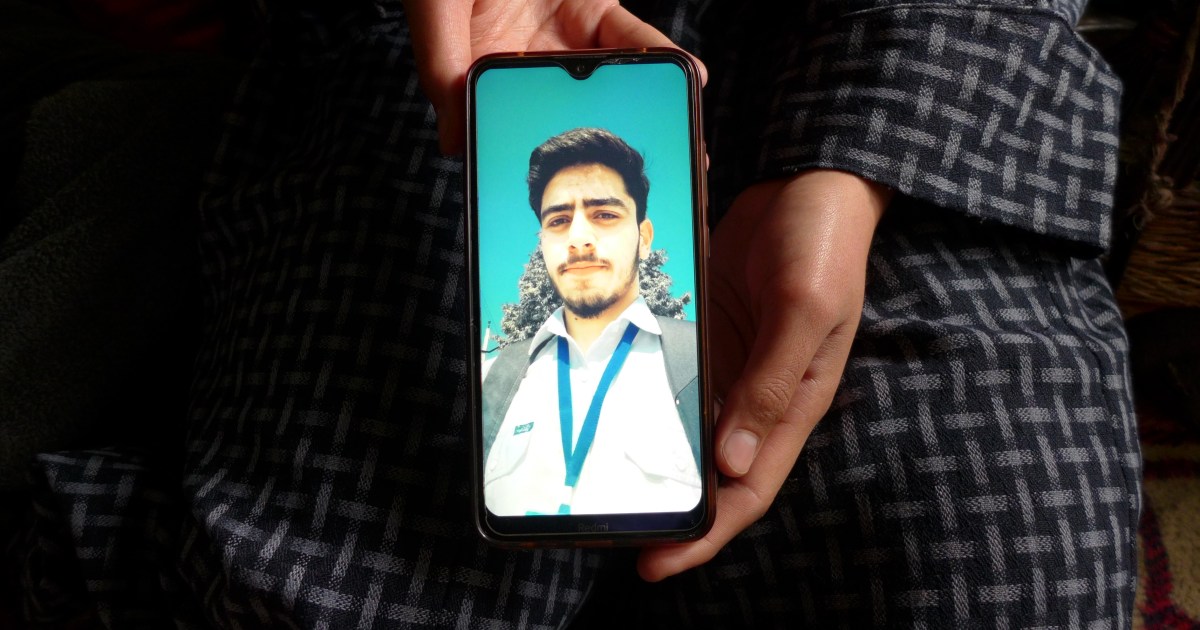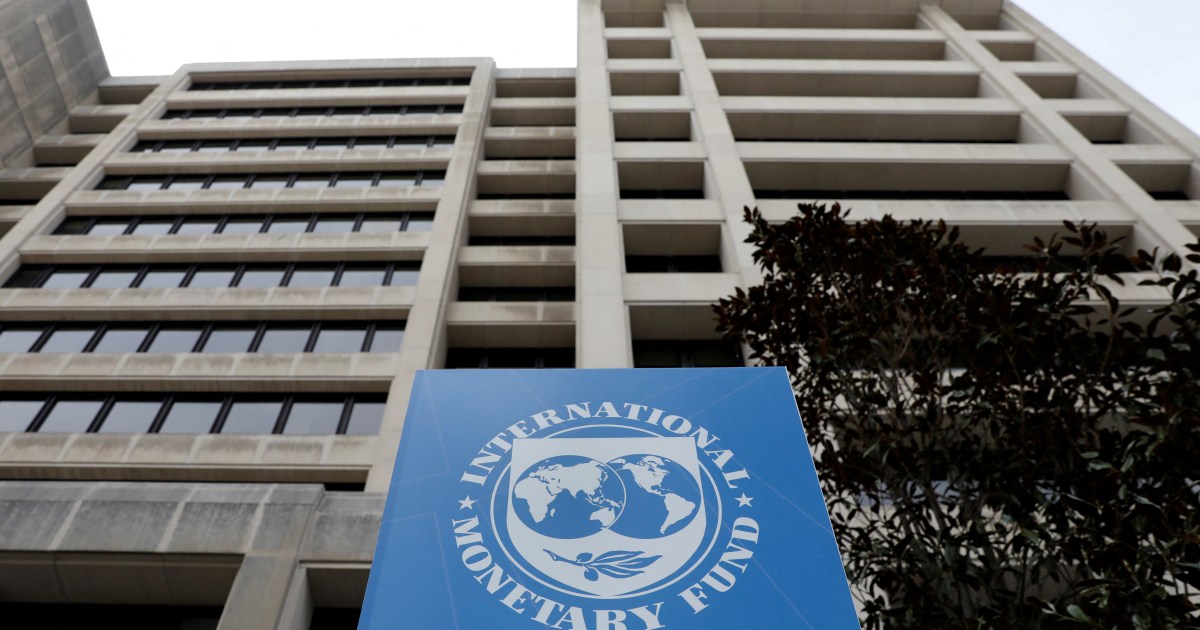Indifference to Ukrainian suffering could prove costly for Israel | Russia-Ukraine war
Since the start of Russia’s all-out invasion of Ukraine, many Israelis have been passionately protesting against the aggression, and demanding their leaders do more to help Ukrainians.
Indeed, according to a poll conducted by Direct Polls LTD in early March, 76 percent of Israelis support the Ukrainians, while only 10 percent favour the Russians in this ongoing conflict. While the same poll showed that half of the Israeli population supports the government’s decision to remain neutral, there is still widespread disappointment over how this policy of neutrality has been implemented.
Indeed, the Israeli government’s response to the invasion has been all over the place since the very beginning.
In order to avoid angering Russia, Israel rejected a US request that it co-sponsor a February 25 United Nations Security Council resolution condemning Russia’s invasion, which spurred a Biden administration protest. A week later, however, when it became clear that an overwhelming majority of the world’s nations are willing to condemn Russia’s aggression, it turned around and voted for a similar resolution at the UN General Assembly.
Israel eagerly welcomed Ukrainian Jewish refugees to its shores, and said it was planning to airlift tens of thousands more to safety. But it pulled back the welcome mat when it came to Ukrainian non-Jews. After this discriminatory approach to asylum provoked outrage, Israel said it would cap refugees at 25,000, but only 5,000 non-Jews would be accepted. Further, it announced that Ukrainian non-Jews would be granted a three-month visa on payment of a $3,000 fee refundable on their departure from the country. Imagine how many refugees fleeing with little more than the clothes on their backs have such a sum stashed away. Following widespread criticism of the proposal, Israel eventually withdrew the fee requirement.
Why did Israel fumble its response to this crisis so colossally? Of course, it is good that Israeli authorities are trying to help Ukrainians fleeing violence in some way. But what Israel has been doing, and has committed to do in the near future, hardly compares to the efforts of Poland and other European countries bordering Ukraine, which immediately welcomed hundreds of thousands of refugees. As a sign brandished by an immigration official in a segment in the popular Israeli satirical sketch comedy show Eretz Nehederet said, it seems in Israel “the heart is open, the border is closed”.
Ukrainian calls for support fall on deaf ears
So far, Israel’s Prime Minister Naftali Bennett has maintained radio silence on the invasion (though Foreign Minister Yair Lapid has denounced it). To explain his stance, Bennett said he needs to maintain his neutrality to mediate between Russia and Ukraine, and even flew to Moscow to talk to Putin for this purpose.
Despite the Israeli leader’s attempt to save face by saying he is only acting like a statesman and working to get results, much of the international community seem to perceive him as nothing more than an errand boy, ferrying messages back and forth between Putin and Ukrainian President Zelenskyy.
Ukraine has been begging Israel for at least some moral support, but its official policy continues to be doing or saying nothing of substance. When Ukrainian leaders criticised Israel’s apparent indifference to their country’s predicament, Israeli officials responded by saying they “would not tolerate” such ingratitude. Bennett even threatened to walk away from his mediator role, as if Israel was doing Ukraine any favours. Nevertheless, the Israeli leader later had the chutzpah to say that it was “our moral duty” to continue with mediation efforts.
Further illustrating Israel’s official ambivalence towards Ukraine’s plight, Israeli media recently reported that Ukraine’s president requested to give a video address to the Knesset urging it to take a stand and aid his country. Instead of offering him such a platform, the Times of Israel reported: “[Knesset Speaker] Levy said convening the Knesset would not be possible, and suggested … that Zelenskyy hold a smaller Zoom discussion with some Knesset members, but not the full plenum …”
The reason why the Knesset could not convene to listen to Zelenskyy was that it was about to “go into recess” and the building was “scheduled for renovations”. It seems in the eyes of Israel’s leaders, the measuring of the Knesset’s new drapes is more important than the plight of millions of Ukrainians enduring indiscriminate shelling.
Israel’s subservience to Russian interests
There is one main reason behind Israel’s official indifference to Russia’s actions in Ukraine: to protect its interests in its immediate neighbourhood, it needs to curry favour with Russia.
Israel’s former Prime Minister Benjamin Netanyahu has made frequent trips to the Kremlin during his tenure to discuss with Putin how the two countries will deal with each other in the Syrian context. In the end, they worked out a rather odd modus vivendi, in which Israel was given carte blanche to attack any Iranian and Hezbollah forces in the country as long as it did not target Russian troops. In return, Russia pursued their own military objectives without hindering Israel’s. In that war, Russia’s primary aim was to save and strengthen the Bashar al-Assad regime, while Israel’s was to undermine it. But somehow they managed to co-exist without getting in each other’s way.
Though Russia has reduced its footprint in Syria as the anti-al-Assad armed uprising has cooled, it still maintains a considerable military presence in the country. Israel too continues to routinely pummel military targets there. So when Israel weighs its interests in Ukraine, it must take into account a matter much closer to home – and crucial for the country’s own security. It cannot afford to anger Putin without risking the disruption of the delicate balance in Syria.
In this context, it is easy to see Bennett’s claim that he is remaining neutral to be able to act as a mediator is largely a sham. After all, no mediation can succeed when the supposedly “neutral” mediator cannot afford to upset one of the warring parties.
The Israeli leader is simply trying to protect his reputation in the international arena, and show Israeli citizens, who want their country to take action, that he is indeed doing something.
Many Israelis seem to be following their heart when it comes to Ukraine, but the Israeli leadership is feeling the need to make cold, hard calculations.
Two undeniable parallels
While it is possible to see the reasons why Israel’s leadership wants to stay out of this conflict, their indifference to the suffering of Ukrainians at the hands of the Russian aggressor betrays the history of Jewish people – and can end up causing them more harm than good in the long run.
Israel was birthed in the shadow of the Holocaust. Hundreds of thousands found a safe haven there in the aftermath of the Nazi genocide.
Al Jazeera’s Twitter feed recently featured images of a 91-year-old Jewish Ukrainian woman who survived the Holocaust as a child in Odesa, where Nazis and their Ukrainian collaborators murdered 250,000 Jews during World War II.
Today, she is once again seeking refuge, this time in the face of a Russian threat to her life. The Israeli public is watching this invasion, and undoubtedly seeing the parallels between what is happening now and their own history.
Though it may be an exaggeration to compare Putin with Hitler, it is no exaggeration to compare Putin’s vicious assault on Ukraine, the brutal slaughter of defenceless civilians, and the millions of refugees it has created, to the havoc the Nazis wrought, especially on Jews and other victimised minorities.
To be sure, Putin’s goal is not to decimate religious minorities or exterminate entire populations, but rather to subdue and absorb territory, bringing it within Russia’s sphere of influence. Nevertheless, the current situation in Ukraine resonates deeply among Israelis, who see in Ukrainians a reflection of their Holocaust-survivor grandparents. As they watch on TV images of long lines of Ukrainian refugees walking the roads to the Polish border, bearing all their earthly possessions in a few suitcases, they cannot help but see Jews fleeing in the face of the Nazi invasions of France, Poland, Holland or Hungary when Jews were herded into ghettos and shipped on trains to concentration camps.
The Israeli public is watching all this closely, and they may not forgive their leaders if they do not step up and offer some real support to those suffering under Putin’s fist.
And for much of the international community, the only obvious parallel in this conflict is not between the victims of Putin and Hitler.
The parallel between the Russian dictator’s invasion of a neighbouring country in order to fulfil his imperial designs, and Israel’s 70-year history of imposing its will on the Palestinians and neighbouring Arab states, is also clear to much of the world.
Indeed, both Russia and Israel conquer and absorb the territory of their neighbours, in defiance of international law. Both are facing investigations over alleged war crimes at the International Criminal Court. Both nations demand that rivals and enemies bow to them, or face annihilation. They both created massive military machines to accomplish these goals. And, in both cases, it is becoming clear that no amount of firepower can subjugate people who refuse to be vanquished or erased.
For now, Bennett seems to be convinced that remaining in the good books of Putin, and turning a blind eye to the plight of the Ukrainian people while continuing with the charade of “mediation” is the best, most logical course of action for his country. In the long run, however, remaining on this path could not only turn the public at large against him, but also remind the global community of the similarly odious actions and ambitions of his own country.
The views expressed in this article are the author’s own and do not necessarily reflect Al Jazeera’s editorial stance.




